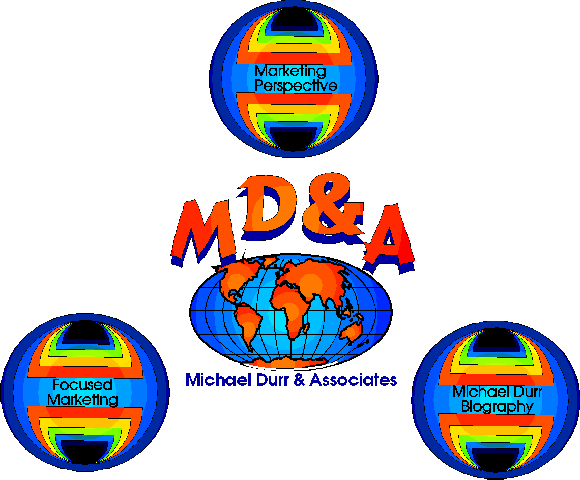| Era | Innovation Era | System Era | Business Era |
| Years | 1978-1988 | 1989-1994 | 1995-2000 |
| Technology | Revolutionary | Mostly incremental (continuous) | Incremental (continuous) |
| (discontinuous) | | |
| | | | |
| Consumer | | | |
| Who buys | End user | Manager, technical | Manager, non-technical |
| Motivation | Self-gratification | Stability | Business model support |
| Purchase criteria | Product features | Reliability, manageability | Manageability, migration, |
| | | migration, cost | cost, reliability |
| Risk attitude | Pioneer spirit | Limit risk (test system mania) | Avoid risk (bottom line mania) |
| Change attitude | Change is good | Change is necessary | Manage change |
| Attitute toward | Hope it works | Interconnect | Consolidate and manage |
| networking | | | |
| | | | |
| Growth attitude | None | Growth necessary | Growth resistance |
| View of technology | Gee whiz | Technology supports business | Technology enables business |
| | | | |
| Market | | | |
| Market | Nascent | Immature | Mature |
| Marketing message | You gotta come to us | Our technology is great | Here's the business application |
| Competition | None | Uncontrolled | Controlled and focused |
| Product alternatives | None | Few | Many |
| Battleground | Production | Sales | Marketing |

